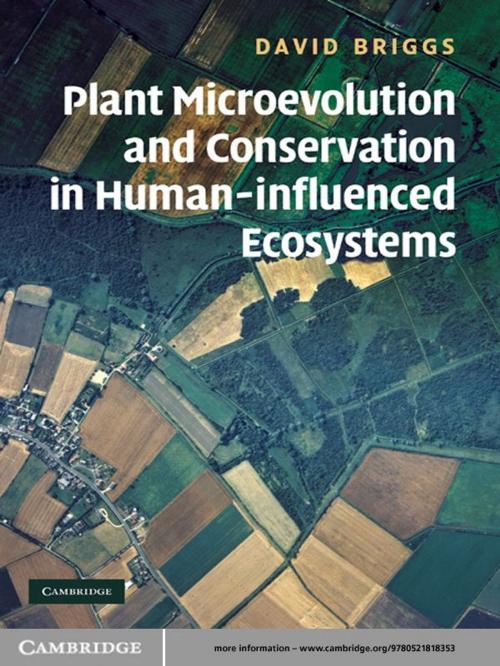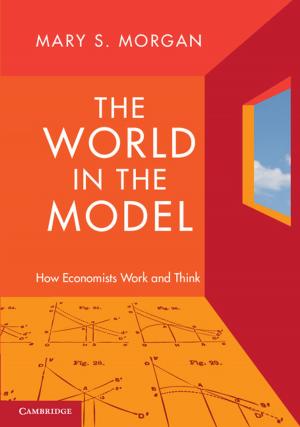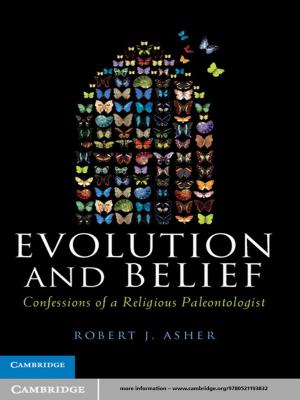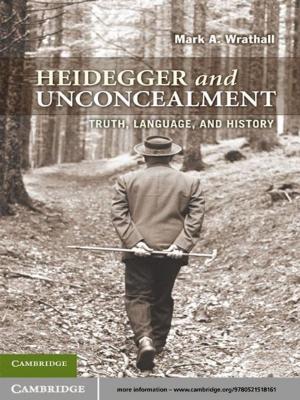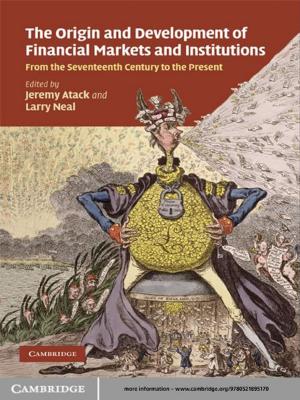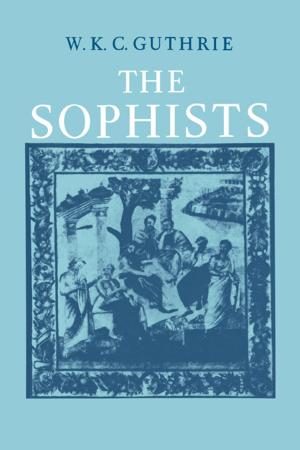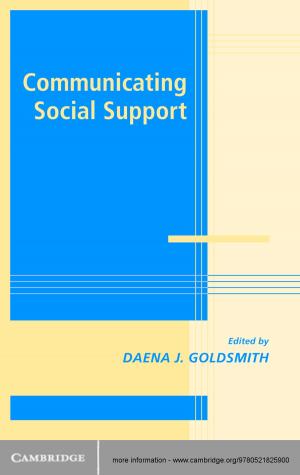Plant Microevolution and Conservation in Human-influenced Ecosystems
Nonfiction, Science & Nature, Science, Biological Sciences, Botany, Nature| Author: | David Briggs | ISBN: | 9780511849688 |
| Publisher: | Cambridge University Press | Publication: | November 26, 2009 |
| Imprint: | Cambridge University Press | Language: | English |
| Author: | David Briggs |
| ISBN: | 9780511849688 |
| Publisher: | Cambridge University Press |
| Publication: | November 26, 2009 |
| Imprint: | Cambridge University Press |
| Language: | English |
As human activities are increasingly domesticating the Earth's ecosystems, new selection pressures are acting to produce winners and losers amongst our wildlife. With particular emphasis on plants, Briggs examines the implications of human influences on micro-evolutionary processes in different groups of organisms, including wild, weedy, invasive, feral, and endangered species. Using case studies from around the world, he argues that Darwinian evolution is ongoing. He considers how far it is possible to conserve endangered species and threatened ecosystems through management, and questions the extent to which damaged landscapes and their plant and animal communities can be precisely recreated or restored. Many of Darwin's ideas are highlighted, including his insights into natural selection, speciation, the vulnerability of rare organisms, the impact of invasive species, and the effects of climate change on organisms. An important text for students and researchers of evolution, conservation, climate change and sustainable use of resources.
As human activities are increasingly domesticating the Earth's ecosystems, new selection pressures are acting to produce winners and losers amongst our wildlife. With particular emphasis on plants, Briggs examines the implications of human influences on micro-evolutionary processes in different groups of organisms, including wild, weedy, invasive, feral, and endangered species. Using case studies from around the world, he argues that Darwinian evolution is ongoing. He considers how far it is possible to conserve endangered species and threatened ecosystems through management, and questions the extent to which damaged landscapes and their plant and animal communities can be precisely recreated or restored. Many of Darwin's ideas are highlighted, including his insights into natural selection, speciation, the vulnerability of rare organisms, the impact of invasive species, and the effects of climate change on organisms. An important text for students and researchers of evolution, conservation, climate change and sustainable use of resources.
